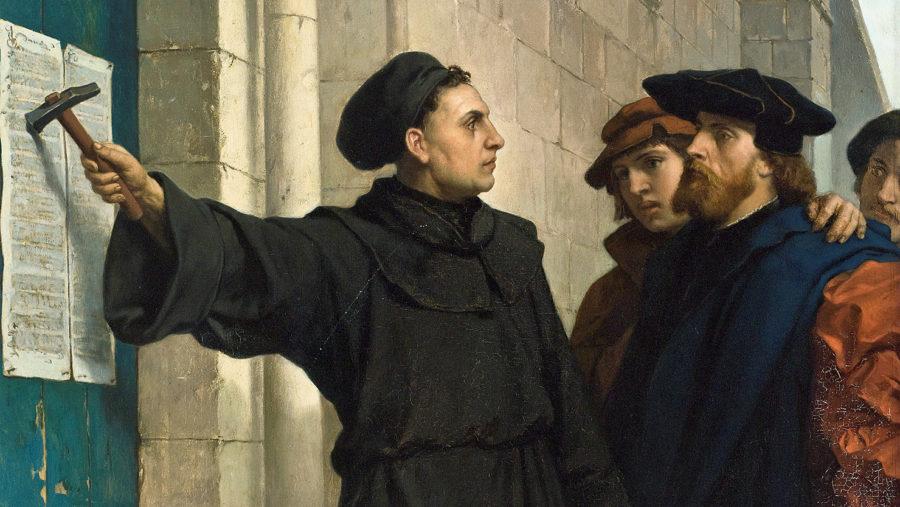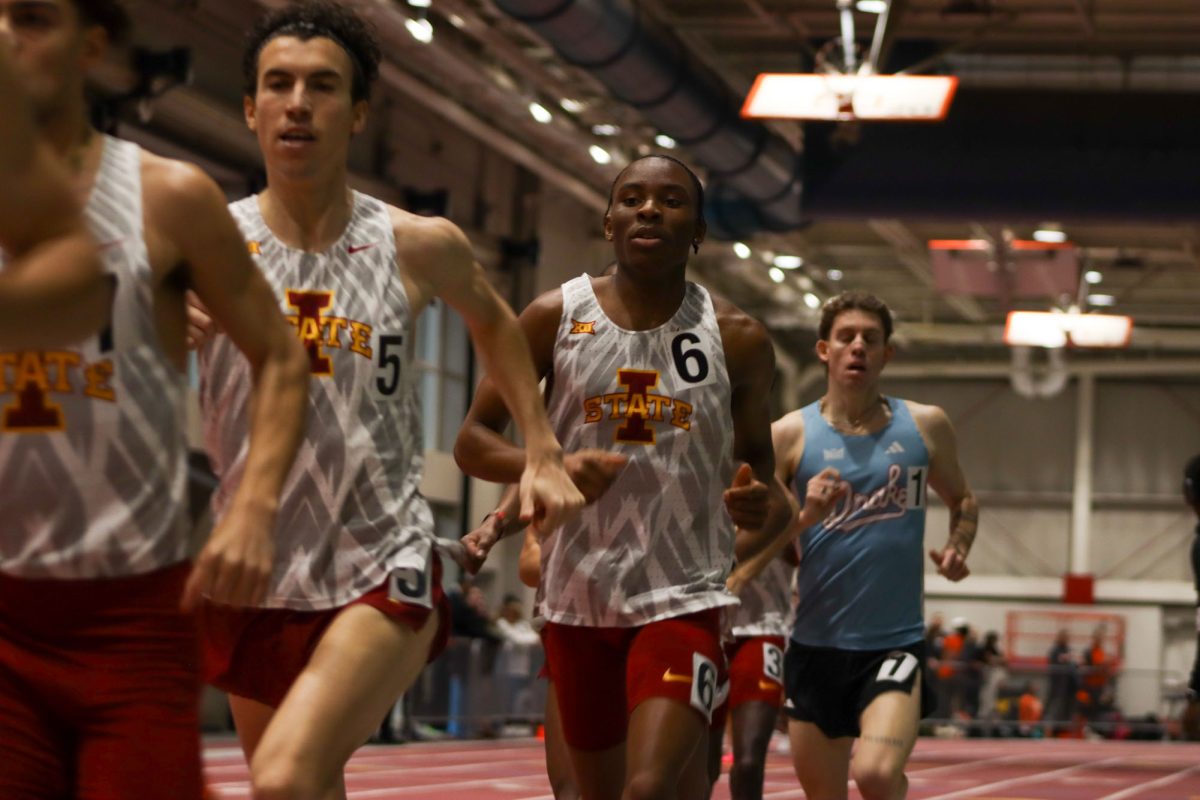- Ames247
- Ames247 / Arts
- App Content
- App Content / Lifestyle
- Lifestyle
- Lifestyle / Limelight
- Limelight
- Limelight / Events
Recital to celebrate anniversary of Protestant Reformation
October 26, 2017
A music event at Iowa State will put the university on an international map of places around the world commemorating the 500th anniversary of the Protestant Reformation.
Oct. 31 marks the 500th anniversary of when Martin Luther nailed his list of 95 theses onto the door of the Wittenberg Castle church in Wittenberg, Germany. Luther’s theses catalogued his grievances toward Roman Catholic practices, particularly on the subject of indulgences.
Luther’s act of dissent created a following and sparked the Protestant Reformation. This led to the formation of Protestant denominations breaking away from the Roman Catholic Church. It is arguably one of the most significant dates in history because of how Luther’s ideas reshaped the structure of Western Christianity.
A lecture-recital titled “Luther Als Noten,” which translates to “Luther As Node,” will be held in the Martha-Ellen Tye Recital Hall at the Music Hall. It will take place at 4 p.m. on Oct. 30. It is free of charge and open to the public.
The lecture-recital will discuss Luther’s influences on Baroque and Renaissance music from the 1500s to the 1750s. The music selections performed will all be chorale preludes played on organ. Chorale preludes are traditionally the organ introductions before the singing of hymns in a church setting.
This event is being organized from the research by Miriam Zach, adjunct assistant professor of music at Iowa State. Zach is a musicologist, which means she participates in the scholarly research and analysis of music.
Zach discussed how Luther translated Latin hymns to German, so they could be more widely read by German people. The hymns he translated served as the inspiration for many chorale prelude compositions written for the hymns. Luther himself also wrote chorale prelude melodies for various hymns he translated.
Zach described Luther as being a center of influence in his time. She discussed the influences on him and how he in turn influenced many others through his ideas.
“He changed the path of history with the questions that he was asking,” Zach said. “He became the center of energy that transformed the course of history. That’s why I call him ‘node.’”
Zach first performed works of Luther from her time learning and teaching in Germany 20 years ago. She also serves as an organist at a Lutheran church and performs his works in that setting. These experiences gave Zach an awareness of Luther’s contributions to music.
When Zach decided she wanted to organize a music event commemorating the anniversary of the Reformation, she began by searching the index in a hymnal to find hymns translated by Luther. By doing this, she also found pieces where he wrote original melodies for hymns.
Each piece performed during “Luther Als Noten” will be either inspired by Luther’s translations of hymns, or the actual melodies Luther composed.
Zach is combining this research with her performance ability to put together “Luther Als Noten.”
“It’s original research. This has not been done before. I have not done this anywhere in quite this organization before. It’s truly to honor this occasion,” Zach said.
In addition to commemorating Luther, she would like to see her lecture-recital spark interest in others to learn the music of Luther and the Baroque and Renaissance eras.
“What I hope is that people become interested, excited actually, about this repertoire and continue to play it,” Zach said. “It is beautiful repertoire I think, and I hope it continues. I would really, really like to encourage the life of the mind to continue this, be inspired to play it … and know how to have access to it.”
Zach is passing down the knowledge of this style of music to her organ students involved in the event.
Jacob Drahos, a graduate student studying electrical and computer engineering, will be performing in the lecture-recital. He remarked on the significance of performing these styles on Iowa State’s Brombaugh organ.
“Being able to play music from that period on an instrument built for the styles of that period on such a significant day is pretty great,” Drahos said.
“The Brombaugh organ in the recital hall is built true to style. When I was in [the recital hall] practicing … everything just felt so right because [I] eventually would dial in on the sound [I] want and it would be just perfect and beautiful.”
Landon Calderwood, a junior majoring in family and consumer science education and studies, will also be performing in the lecture-recital. He shares similar sentiments about playing the Brombaugh organ for this occasion.
“We always talk about in my lessons how this is how it sounded when J.S. Bach was playing it. When all these other composers were playing it, this is how it actually sounded because that is the influence of our organ here,” Calderwood said.
Calderwood also felt the significance of being part of a celebration that is being recognized around the world.
“It’s just so cool to think about that I am part of a celebration of Luther; the 500th celebration of the Reformation,” Calderwood said. “It’s just really cool to see all of his hymns, all of his influences come back, and being able to study them in such a time of celebration.”







